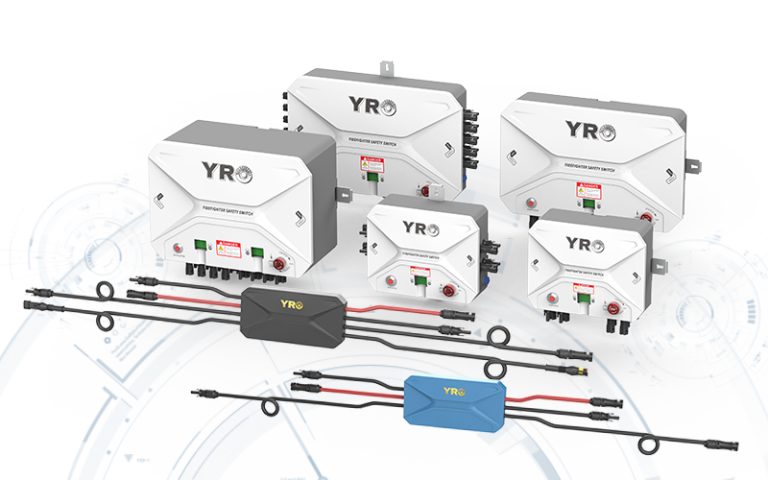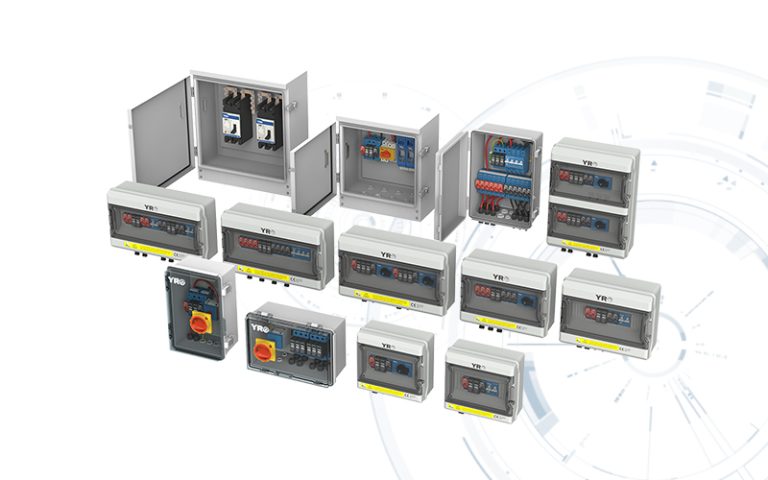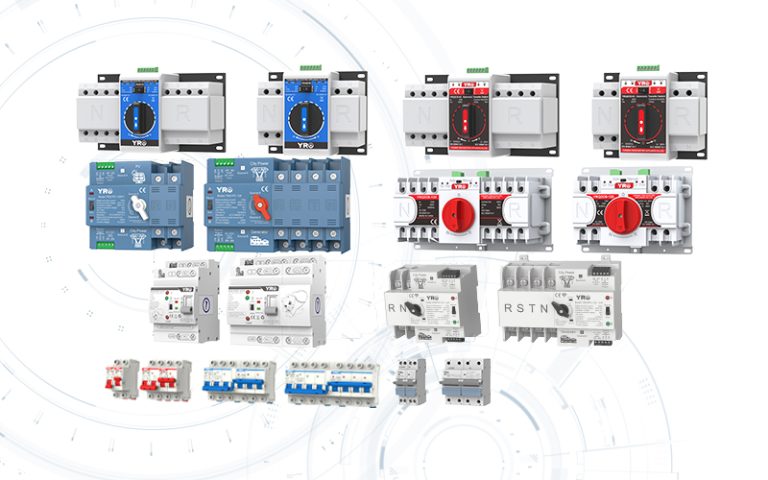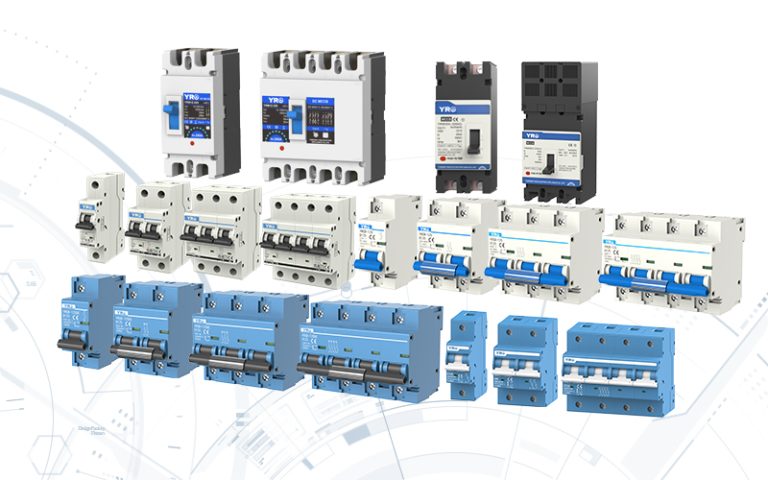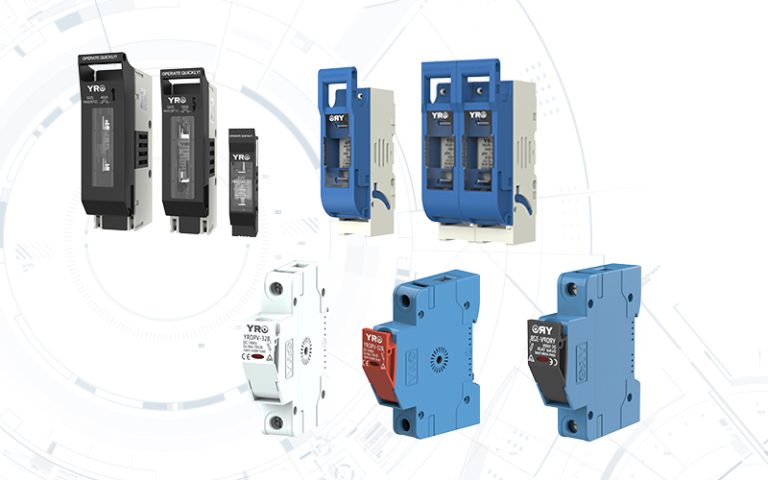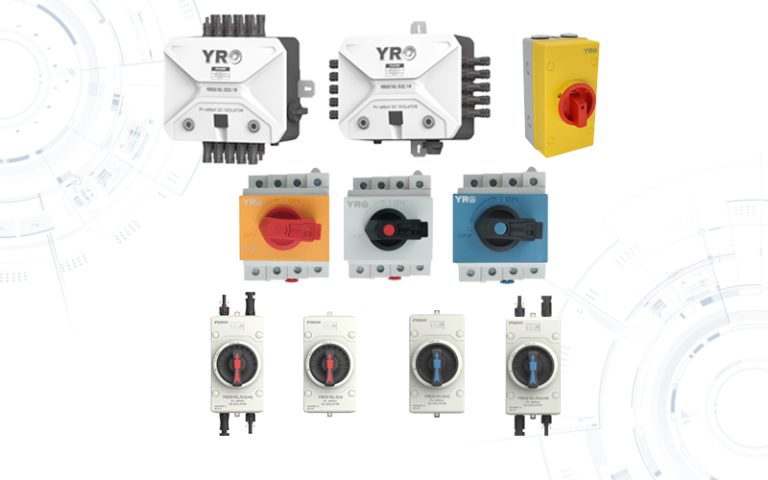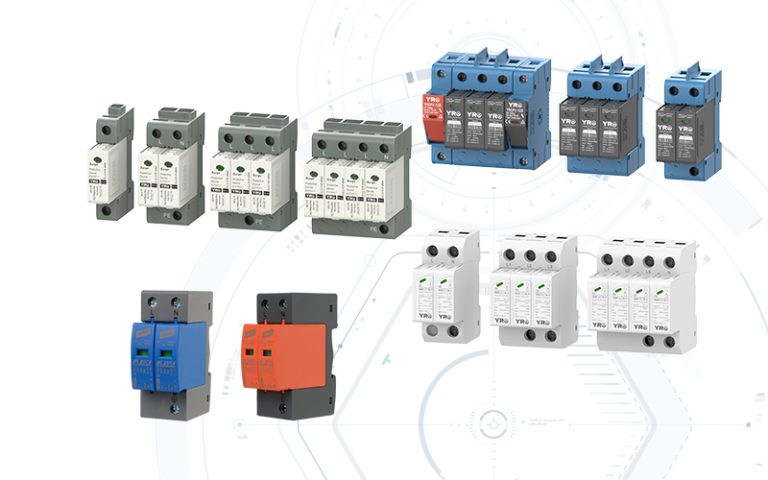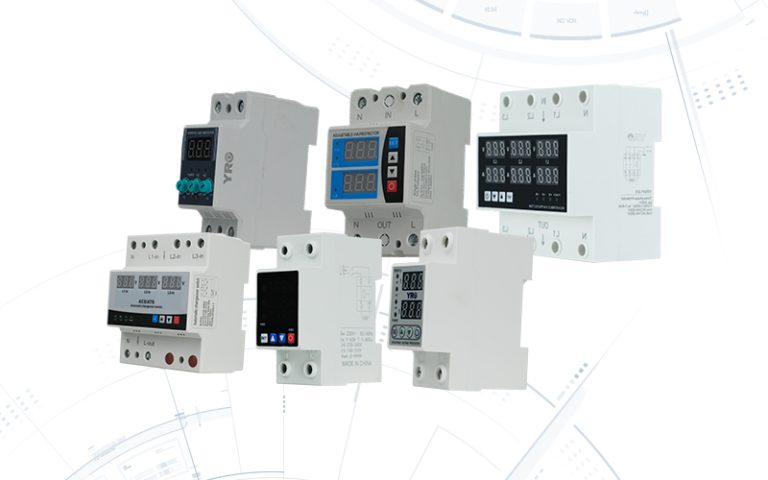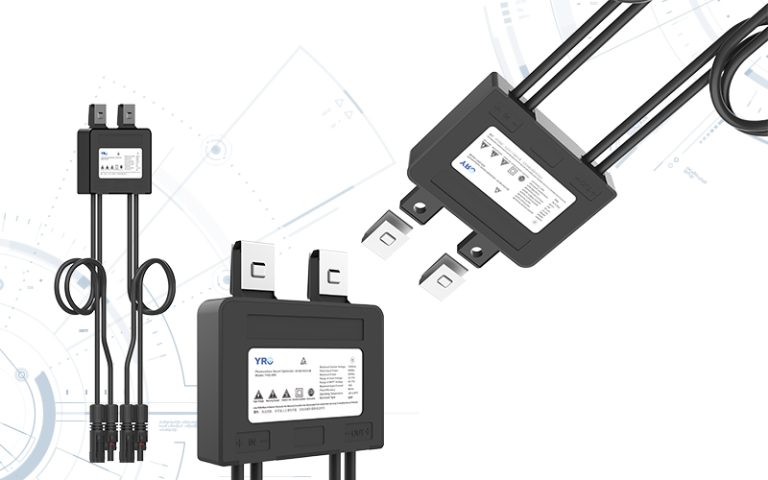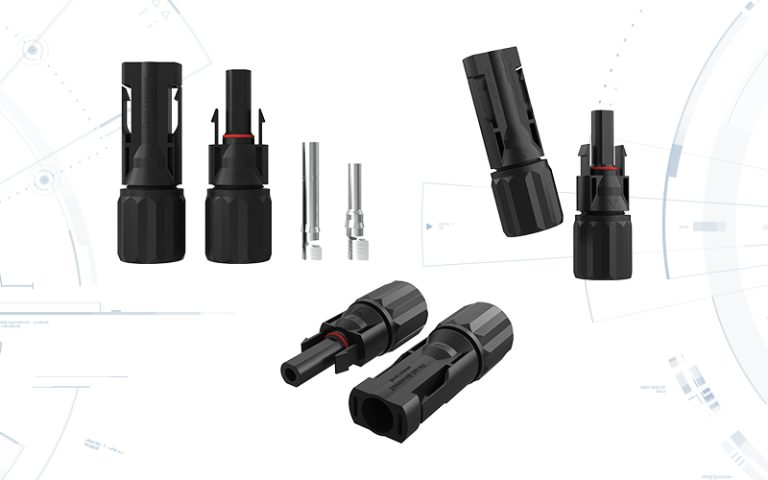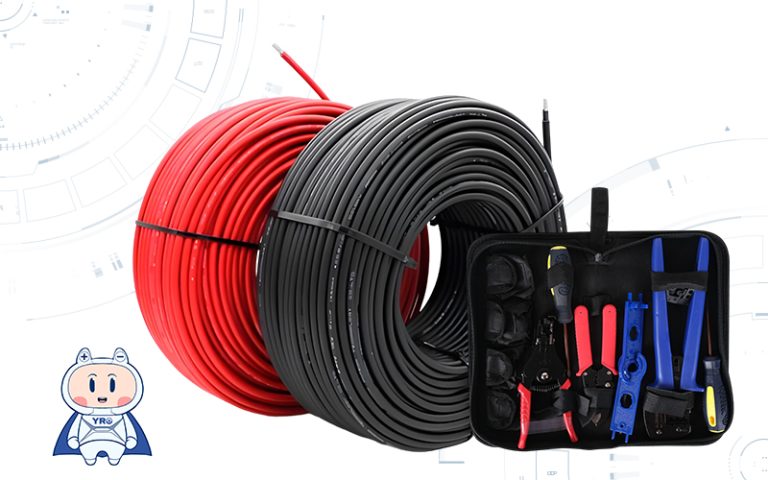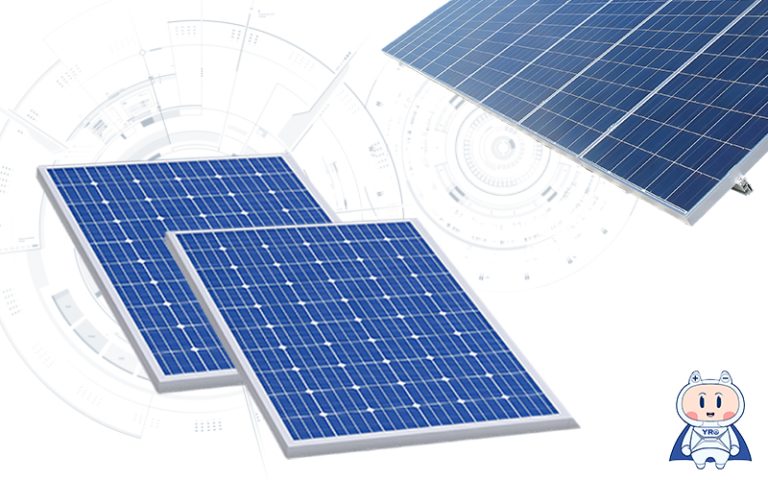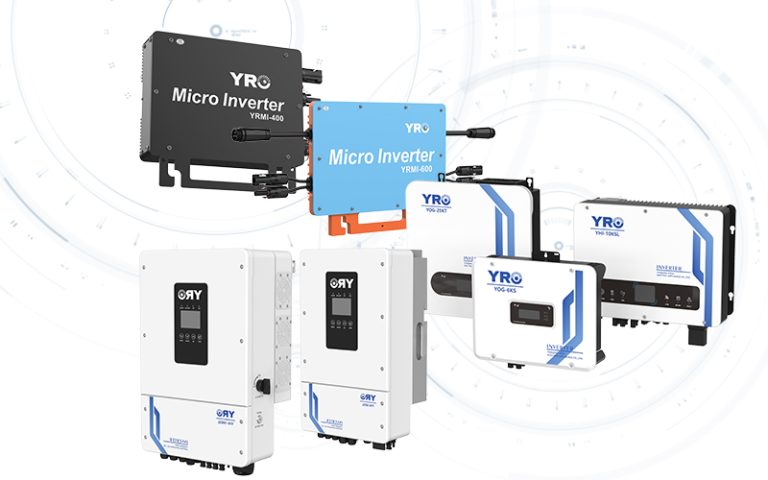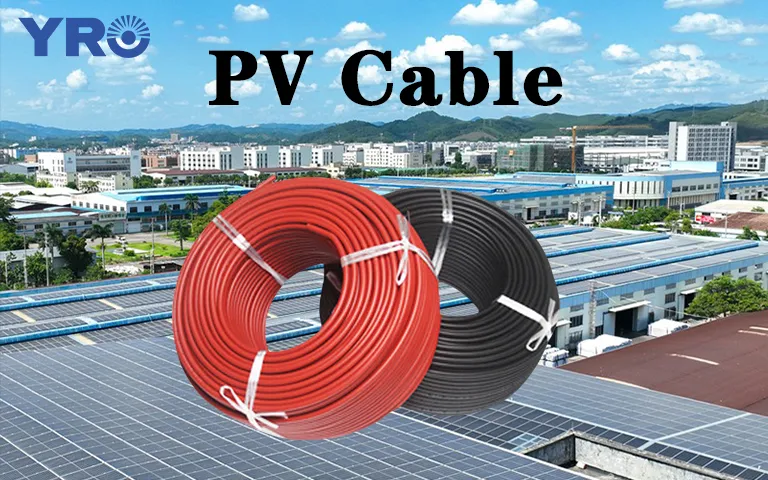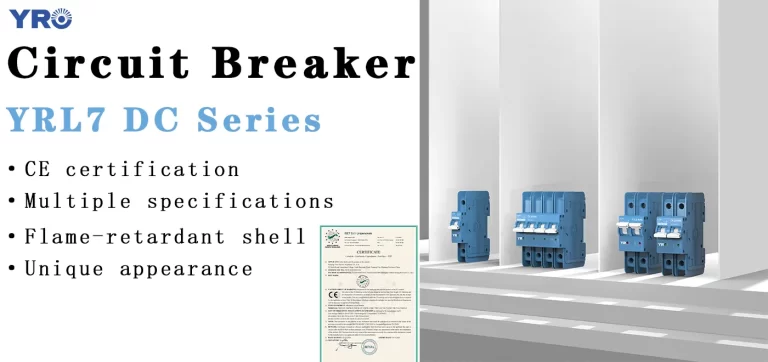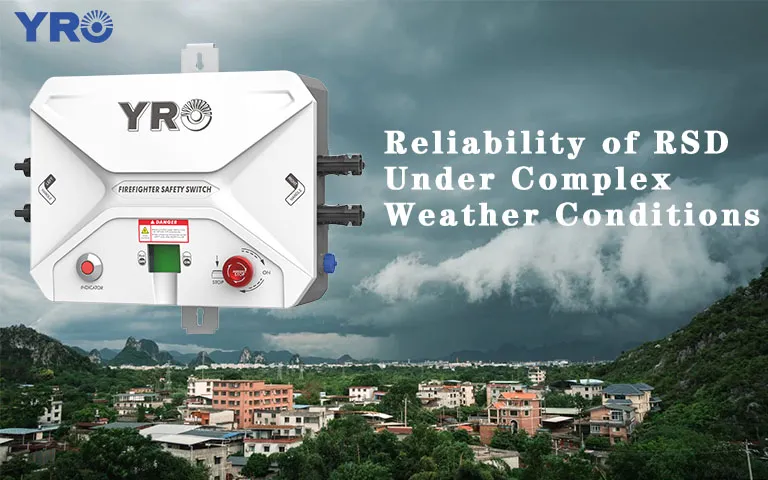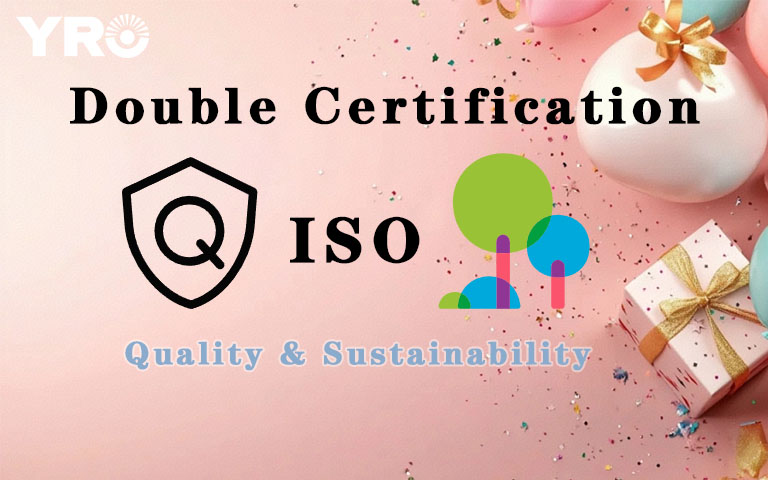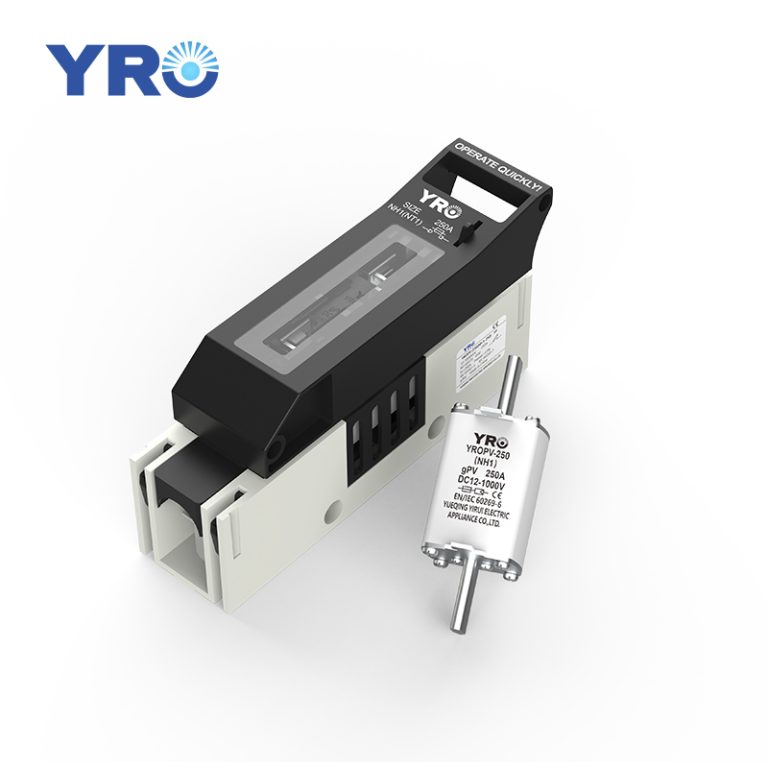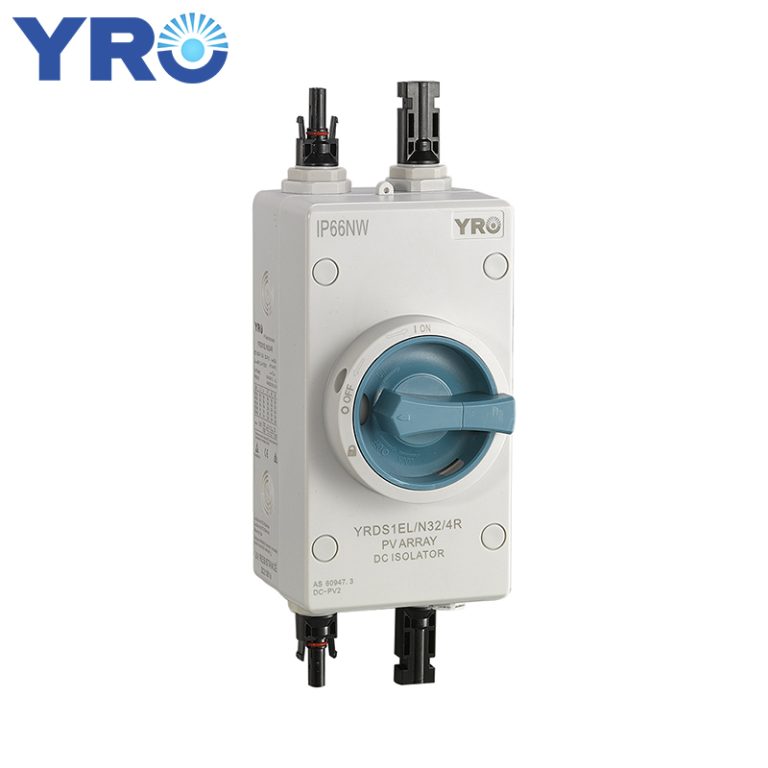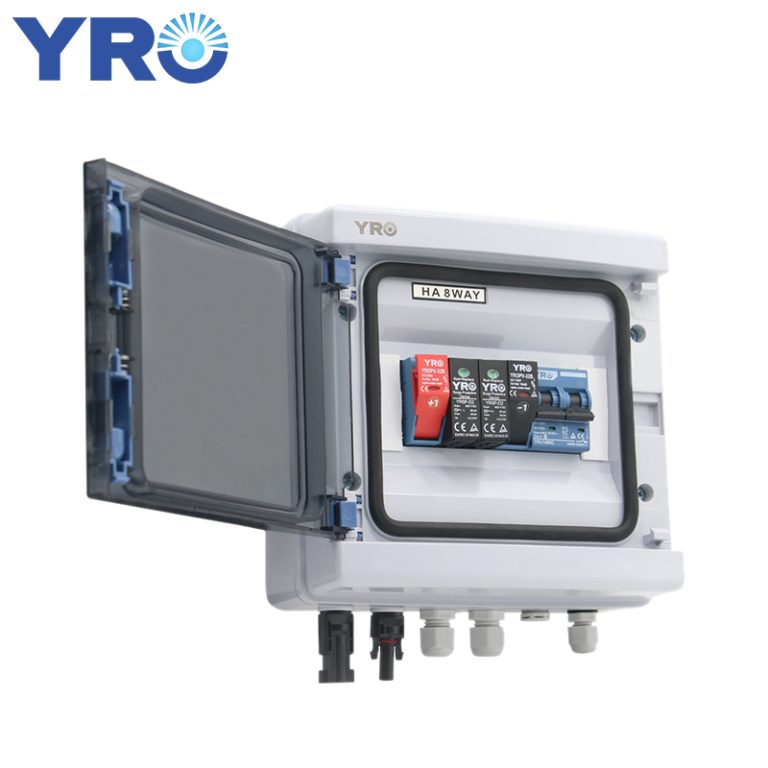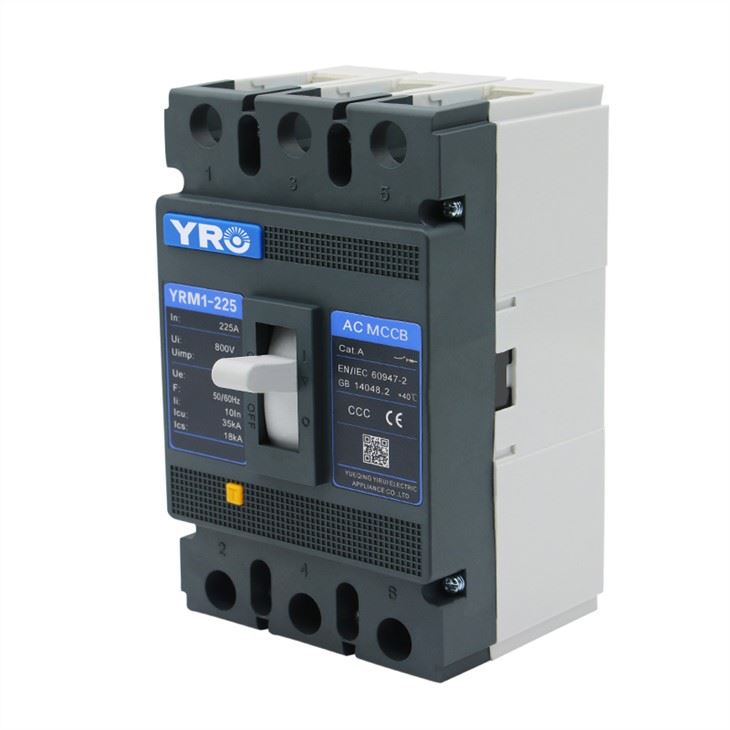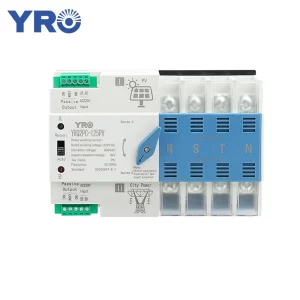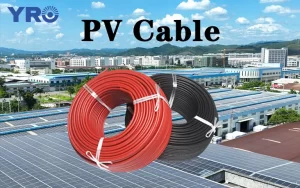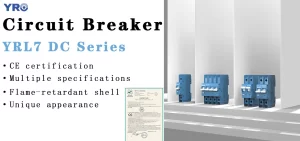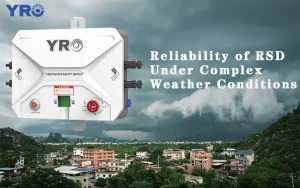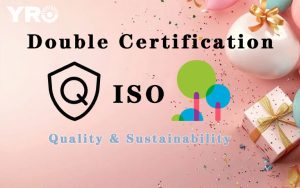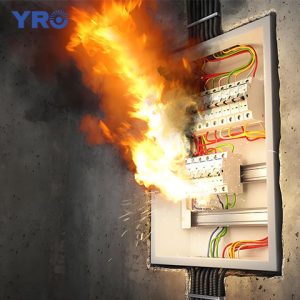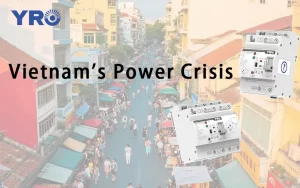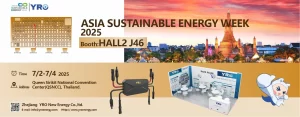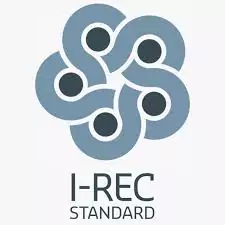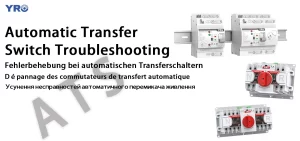Introduction
As the demand for renewable energy grows worldwide, the importance of verifying and certifying clean energy sources becomes more critical. One key certification gaining attention in the solar industry is the IREC certificate. For solar panel owners, buyers, and companies focused on sustainability, understanding what an IREC certificate is and how it works is essential. This article will explain the meaning of IREC, its purpose, benefits, and other related certifications, helping you make informed decisions about solar energy certification.
What does IREC Mean?
IREC stands for International Renewable Energy Certificates. These certificates are tradable, electronic documents that prove one megawatt-hour (MWh) of electricity has been generated from renewable energy sources, such as solar, wind, hydro, geothermal, or bioenergy. The IREC system allows businesses and individuals outside of Europe and North America to credibly track and report their renewable energy consumption.
The concept is based on similar renewable energy tracking systems in North America and Europe, offering transparency about the origin and environmental benefits of clean energy purchased or used.
How is an IREC Certificate for Solar Panels?
An IREC certificate is issued through an electronic registry when renewable energy, including solar power, is generated. Each certificate corresponds to one MWh of renewable electricity and contains information about the technology, place, and time of generation.
Solar panel owners or energy producers can sell these certificates to companies or consumers seeking to claim renewable energy use. Once purchased, the certificate is “retired” or cancelled in the registry to ensure it is not reused, providing a verified claim of clean energy consumption.
Purpose of IREC
The main purpose of the IREC system is to provide a reliable and internationally recognized method to document renewable energy consumption and greenhouse gas emissions reductions. It helps organizations comply with corporate sustainability standards and national regulations, such as the Greenhouse Gas Protocol, while supporting transparency and accountability in renewable energy markets.
IREC also encourages investment in renewable energy infrastructure worldwide, especially in regions where such markets are still developing.
Benefits of IREC Certificates for Solar Panel Owners and Buyers
| Benefit | Description |
|---|---|
| Verification of Renewable Energy Use | Provides credible proof that electricity consumption comes from renewable sources, enhancing sustainability credentials. |
| Environmental Impact | Supports reduction of greenhouse gas emissions by promoting clean energy production. |
| Market Flexibility | Allows buyers to choose the renewable energy technology they want to support, such as solar, wind, or hydro. |
| Global Reach | Covers over 60 countries, helping multinational companies unify renewable energy reporting worldwide. |
| Support for Sustainable Development | Encourages investment in renewable energy projects, especially in emerging markets, aligning with SDGs. |
IREC certificates provide numerous benefits for solar panel owners and buyers. Firstly, they offer a reliable way for buyers to verify that their electricity consumption comes from renewable sources, which helps enhance corporate sustainability credentials. By purchasing IRECs, companies actively contribute to reducing greenhouse gas emissions and promoting cleaner energy production. The system also offers market flexibility, allowing buyers to choose the type of renewable energy they wish to support, whether it be solar, wind, or hydro power. Additionally, with coverage spanning over 60 countries, IRECs enable multinational corporations to unify and streamline their renewable energy reporting on a global scale. Lastly, IRECs support sustainable development goals by encouraging investment in renewable energy projects, particularly in emerging markets where such initiatives can have a significant social and environmental impact.
Other Certification
What is CE Certification?
CE certification indicates that a product complies with the safety, health, and environmental protection standards for products sold within the European Economic Area (EEA). For solar panels, CE marking ensures compliance with EU regulations and is mandatory for entering European markets. This certification focuses on product safety and quality rather than the renewable energy origin.
What is PV Certification?
PV certification refers to the testing and verification of photovoltaic (PV) panels to ensure they meet industry standards for performance, reliability, and safety. Certifications like IEC 61215 and IEC 61730 are examples of internationally recognized standards that solar panels must pass to guarantee quality and durability. Unlike IREC certificates, PV certifications do not track energy origin but confirm the technical integrity of solar products.
Conclusion
IREC certificates play a vital role in the global transition to renewable energy by providing transparent and credible proof of renewable electricity consumption. For solar panel owners and buyers, these certificates offer assurance of environmental responsibility and support for clean energy markets worldwide. Understanding how IREC certificates work, their benefits, and how they differ from other certifications like CE and PV can help you navigate the renewable energy landscape more effectively. Whether you are a business looking to enhance your sustainability reporting or an individual interested in renewable energy, IRECs offer a practical solution to verify and promote green power use.

